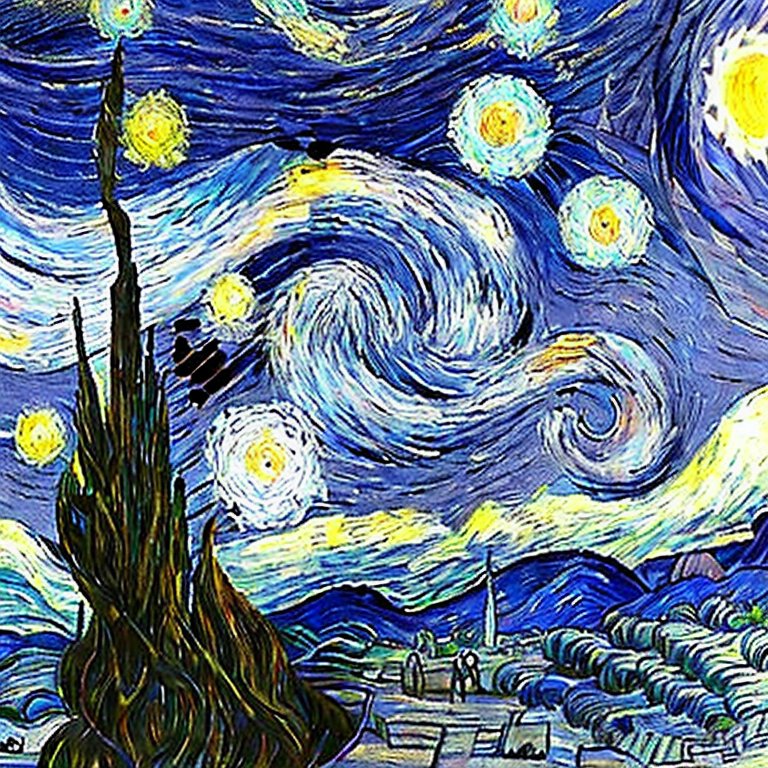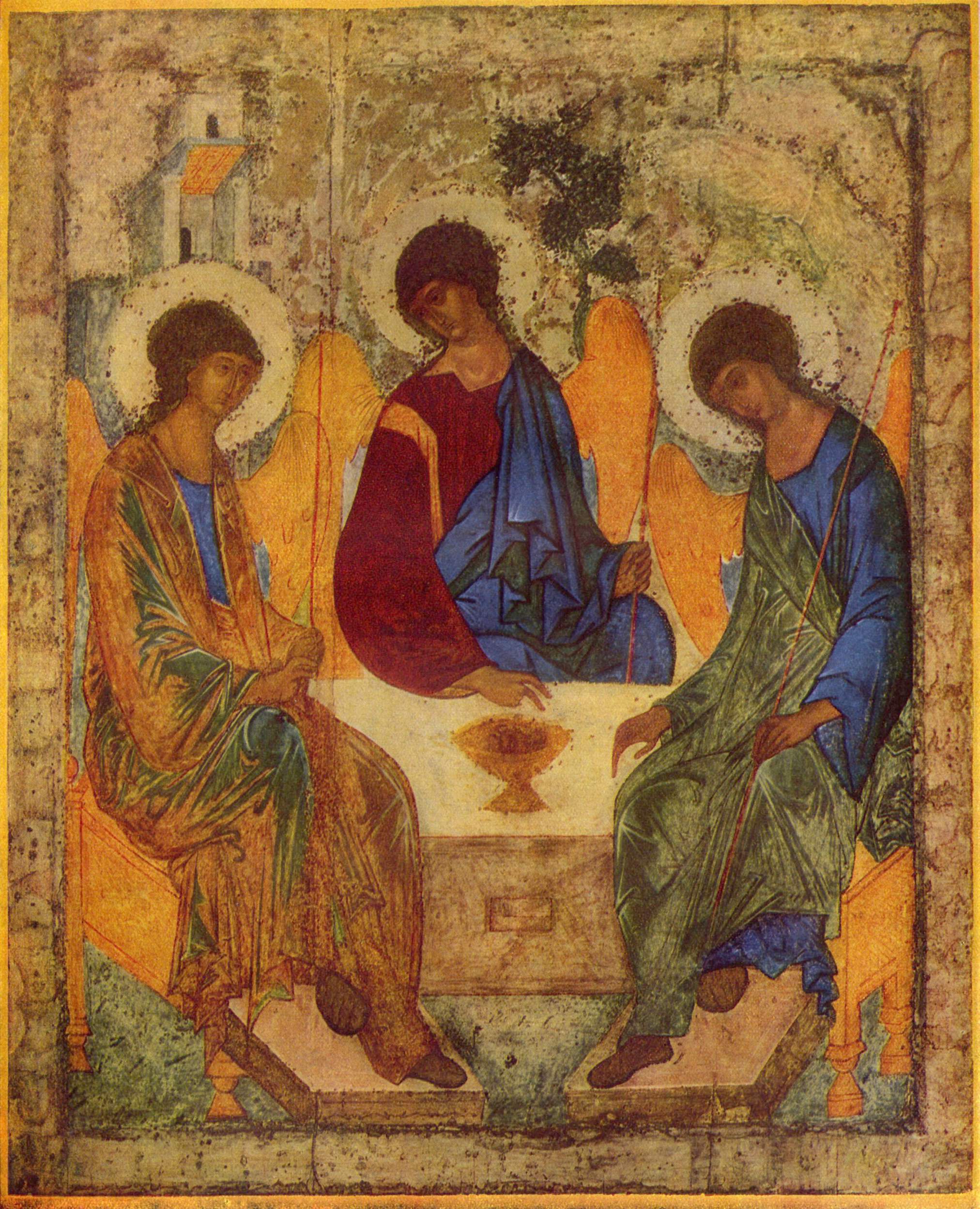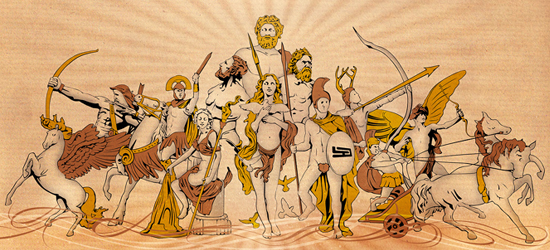I DON’T want to get rid of my guilt. I DON’T want to be justified; not if it means God declares me righteous when I know I’m really not. Let me just get it out there: I am not righteous. And how am I justified? I am certainly not justified by doing wrong. The older I get, the more wrong I see in myself. You say Christ has justified me, but I am not justified because I am not righteous.
The Preacher says: No, you are justified. Christ fulfilled the law so you wouldn’t have to. When God sees you, He sees His Son’s righteousness. Now you are righteous in the eyes of God and the law because Christ obeyed the law. He did it for you because you could not.
What law are you talking about? It is certainly not man’s law. I can break man’s law tomorrow by murdering my neighbor and no amount of theological defense is going to get me declared not guilty in the eyes of the court. Are the courts of men breaking divine law by following their own? I can’t murder my neighbor and claim to have the moral high ground.
If you say I am righteous by God’s laws, then I must conclude God is now only pretending I am righteous when I’m really not. Besides, the law of my own conscience still pricks me in the heart, and it shows me that I am not righteous but guilty. I lusted after my neighbor just this morning. Am I not guilty of that? How is it that I see a guilty man and God does not?
The Preacher says: But, that’s the good news. Whether you realize it or not, you’re not guilty. Of course, no one is perfect. Not yet anyways. We all must go through a process of sanctification. That means we learn to follow God’s law and become more like him. Every situation in this life is an opportunity to grow towards perfection. Stay in study and in meditation on God’s word, and endeavor always to obey it. We may not get all the way perfect in this life, but God will make us perfect in the next. Trust in Him, He will take care of you.
See… here’s where you lose me a bit. How can a sinful, imperfect being consider himself to be saved when he continues to be this sinful, imperfect being? The perfection you talk of in the next life seems to be the real salvation. It seems to be after death, when I am made perfect, that God will really see me. Here in this life, He only sees His Son when He looks at me, but when I am perfect I will no longer need to cover my filth with a righteous mask. When I am no longer filthy, but can live with God, being truly seen by Him — that, to me, is salvation. I cannot bear to have God look away. I want to be always in His eyes. But if the only reason God can look at me in this life is that He sees His Son instead, then that is the same as if he was looking away. He does not really see me, and I am not really saved. In this life, I’m just covered with a Christ-shaped band-aid.
Also, how can I deny the guilt I experience after my conscience accuses me of lusting after my neighbor? Should I walk around denying what I feel? It seems to me that guilt is a good thing because it is a powerful motivator for repentance. Without it, I may not feel any desire to change for the better.
The Preacher says: Boy, you are looking at the situation from the wrong end. God sees you here and now because of the work of Christ on the cross. Otherwise, God could not see you at all, for he cannot bear to look upon evil. So, a Christ-shaped band-aid is not such a bad thing. When you asked Christ into your heart to save you from your sins, He saved you, and took up permanent residence there. You are saved. Don’t act as if, to really see you, God has to look down on you. He actually lives inside of you. He says you are not guilty. He is the one who justifies you. Are you going to argue with God? God is here with you right now, writing His laws in your heart so that you will do them from your heart. He will make a change in you making you more and more like Him. Your attitude should be like Paul Bunyan, who wrote Pilgrim’s Progress. He said:
One day as I was passing into the field . . . this sentence fell upon my soul. Thy righteousness is in heaven. And methought, withal, I saw with the eyes of my soul Jesus Christ at God’s right hand; there, I say, was my righteousness; so that wherever I was, or whatever I was doing, God could not say of me, he wants [lacks] my righteousness, for that was just before [in front of] him. I also saw, moreover, that it was not my good frame of heart that made my righteousness better, nor yet my bad frame that made my righteousness worse, for my righteousness was Jesus Christ himself, “The same yesterday, today and, and forever” (Hebrews 13:8).
Now did my chains fall off my legs indeed. I was loosed from my afflictions and irons; my temptations also fled away; so that from that time those dreadful scriptures of God left off to trouble me; now went I also home rejoicing for the grace and love of God.
I’m not arguing with God. I’m arguing with you. If God justifies me and says I am not guilty then why does He still, as you say, “make a change” in me? That kind of justification sounds fake. God is only pretending I am righteous, knowing full well that my real righteousness is, as John Bunyan says, “in Heaven.” Band-aids don’t fix wounds. Time and bodily care does. It is when I can stand before God as perfect in the grace of his sight, that I finally have salvation. And if I cannot reach it in this life, because my righteousness is only in Heaven, what does that say here and now about sanctification, all my struggle to be like Christ?
Whether I struggle or not, when I’m dead, God stops patching me up with a Christ-shaped band-aid and I actually become just as righteous as His Son. It is then that I come into the fullness of salvation. I DON’T want that. I DO want to be righteous, but not because God snaps his fingers and instantly makes me that way after I’m dead. That robs me of any virtue in my actions. Sure, I will do holy and righteous things, but not because I learned to do it, or struggled to. It will only be because I was changed at the snap of God’s fingers. I want to struggle in the process of becoming more like Christ until I actually am, perfectly: to have God’s consuming fire burn away the impurities of my soul through my experiences. Then it is really me who is holy and righteous, and stands before God unashamed because he did not have to force his righteousness upon me.
The Preacher says: Careful son, that sounds like works-based salvation. You can’t get to Heaven on your own works.
Really… hmmm….








